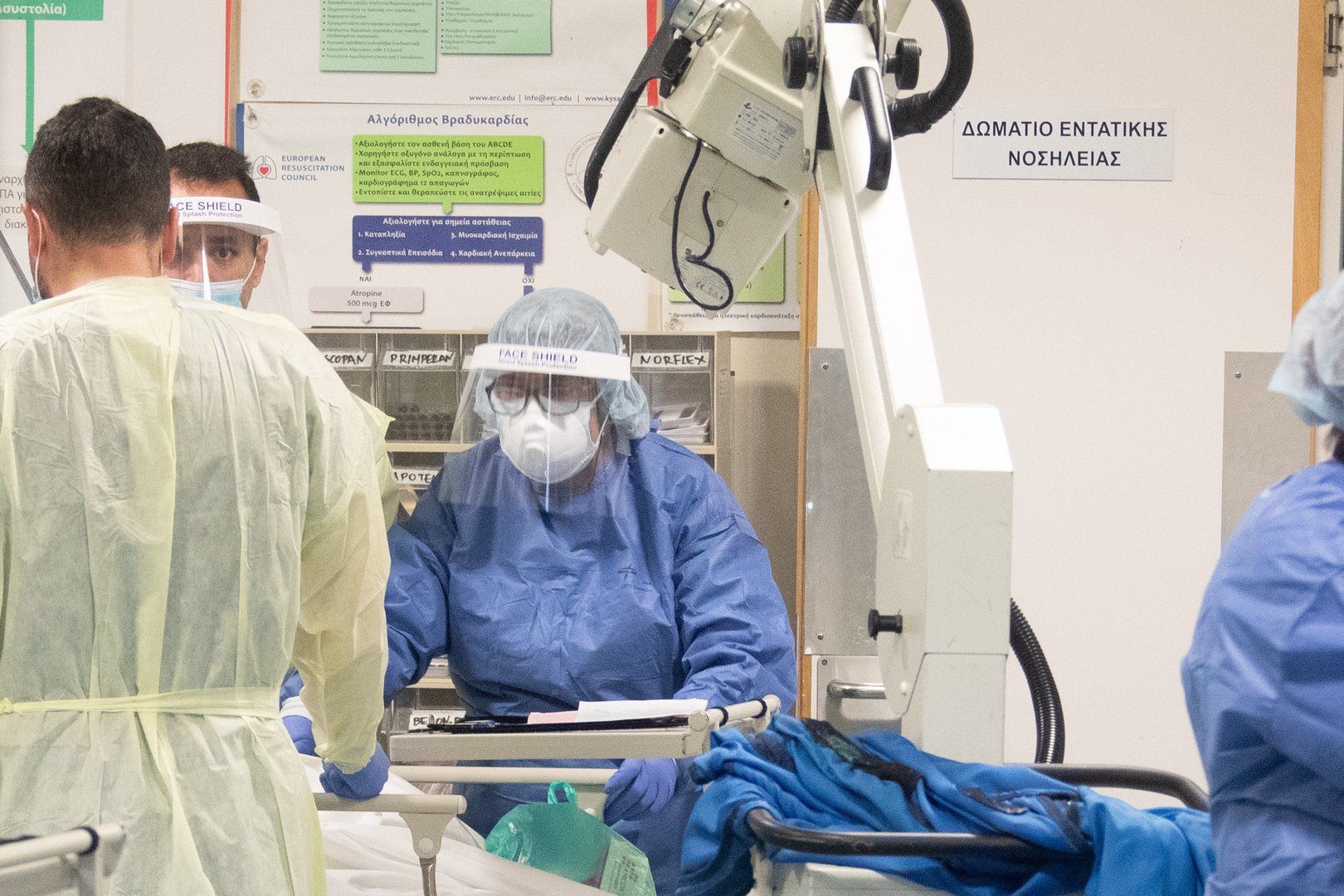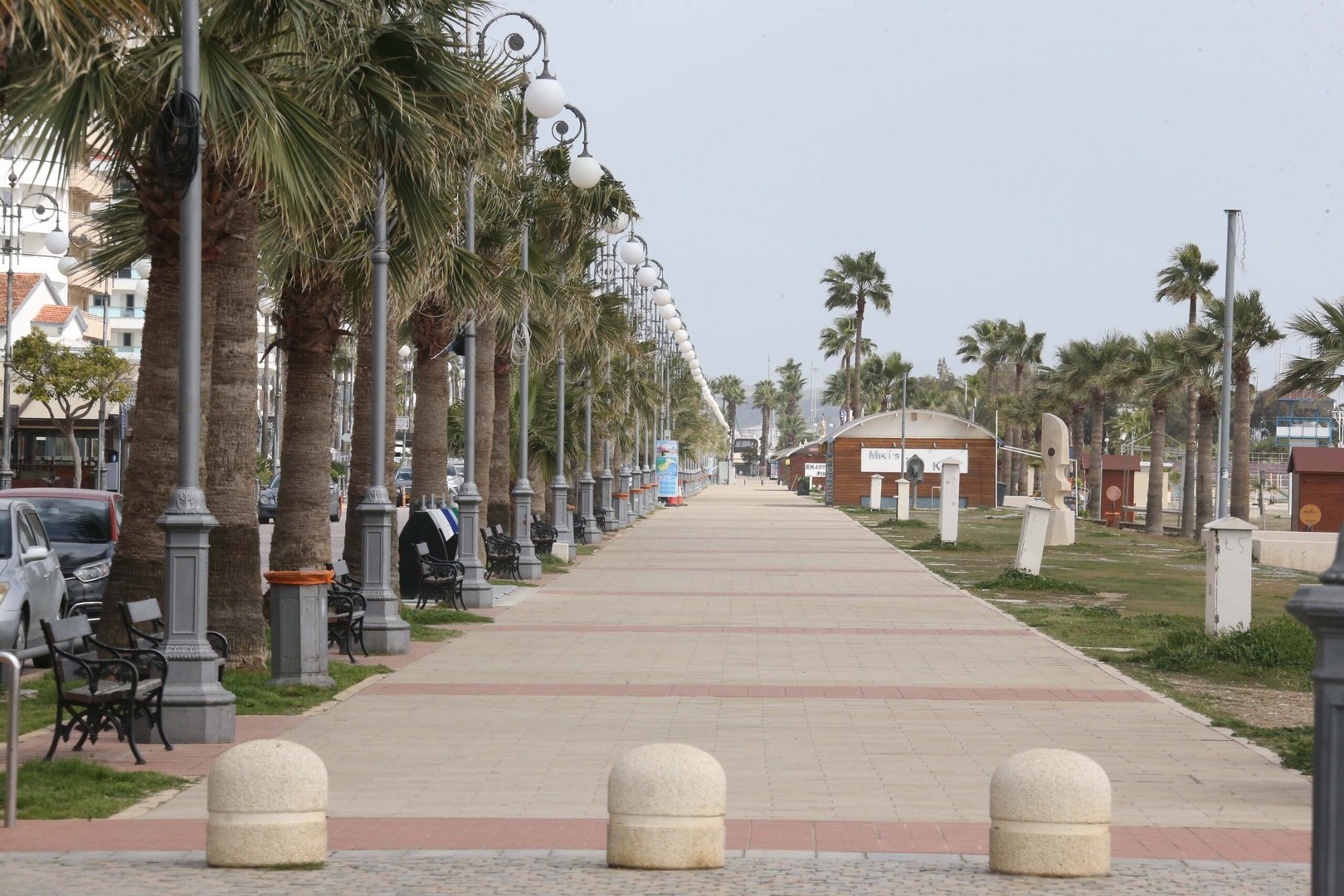We all know prevention is better than cure, but are we focusing too much on the vaccine?
Of all the many questions thrown up by the Covid-19 crisis, this one is perhaps the most frustrating: Why, a whole year after the virus was discovered – and having meanwhile made a vaccine in record time – do we still not have an effective drug with which to treat it?
Two recent developments have sharpened the frustration. The first is the situation in Manaus, a Brazilian city which was battered so hard in the spring of 2020 that it’s widely assumed to have reached herd immunity – that is, to have attained naturally what we’re now seeking to attain through the vaccine.
Despite that, it’s now being battered equally hard by a second wave caused by a new variant, making painfully clear that immunity is short-term as the virus mutates. In other words, even once we’re all vaccinated, a new vaccine may have to be administered every few months – but it takes weeks for vaccines to be adapted to a new variant, presumably meaning lockdowns and restrictions in the interim. Surely having a drug would be less cumbersome.
The second development is the emergence of ivermectin, a long-established anti-parasite drug that some doctors (led by a US alliance called the FLCCC) have been touting as a treatment for Covid for months now, having seen results in their own hospitals, backed up by small clinical trials and researchers like Andrew Hill at the University of Liverpool.
In the past few weeks, this ‘miracle drug’ has been much in the news. The National Institutes of Health in the US has revised its guidance from being against its use to being ‘neither for nor against’. An article has appeared in the Financial Times, headlined ‘Cheap anti-parasitic could cut chance of Covid-19 deaths by up to 75%’. One hundred doctors in South Africa have signed a petition urging the government to review the drug, while the NGO Afriforum has gone to court to try and force the regulator’s hand. And a small clinical study has appeared in The Lancet, concluding that ivermectin has a tendency to reduce viral loads which “warrants assessment in larger trials”.
It sounds promising – yet the drug hasn’t actually been approved anywhere (including Cyprus, of course), even though it’s widely available and infections continue to surge in much of the world. Things seem, to the layman at least, to be moving incredibly slowly.
“We do not have results from adequately powered, well-designed and well-conducted clinical trials,” explains Christos Petrou, Associate Professor and Coordinator of the Pharmacy Programme at the University of Nicosia, pointedly adding: “We must not form another ‘hydroxychloroquine myth’”.
Hydroxychloroquine, of course, was the previous ‘miracle drug’, famously championed by President Trump, that was later judged to be ineffective for most patients and actively harmful to a few. That fiasco seems to have created a ‘Once bitten, twice shy’ approach in assessing new claims – and indeed, though ivermectin is the most promising candidate against Covid, it’s not the only one. Colchicine, a repurposed gout drug, was recently approved for use in Greece and is now being considered here. Even Venezuelan president Maduro has been touting his own miracle drug, carvativir, without revealing what’s actually in it.
The narrative is similar (and confusing) in all cases: claims are made, usually backed up by small trials and empirical evidence – but then experts call for more data, and warn against being too hasty. Petrou has also cast doubt on colchicine, saying on Tuesday that “we have no credible, scientifically proven results” to confirm its effect. On the other hand, even the disgraced hydroxychloroquine isn’t entirely disgraced. This writer has heard anecdotal reports of local doctors continuing to prescribe it, with good results – and meanwhile the approved drugs being used in our hospitals seem equally inconsistent.
“What we have is a virus for which there is no targeted treatment,” Dr Charis Armeftis, a pulmonologist with experience on the front lines of the fight against the virus, told the Cyprus Mail. “An effective treatment for Covid – a treatment of choice – doesn’t exist. Some patients might be helped by these drugs, some might not.”
Hospitals in Cyprus (excluding ICUs) are currently prescribing most of the best-known medicines: remdesivir – though Armeftis admits it’s unlikely to make a difference to “a large proportion” of patients – dexamethasone, low-molecular-weight heparin (which is an anti-coagulant), antibiotics where needed, as well as monoclonal antibodies to fight inflammation. People battling the virus at home are prescribed drugs depending on their symptoms, usually more akin to a case of flu: antipyretics, maybe antibiotics, lots of fluids to prevent dehydration. Multivitamins, especially zinc and vitamins C and D, may be used, though “without any scientific evidence that they’ll be particularly helpful,” says Armeftis.
The overall impression is of doubt and uncertainty, doctors using case-by-case judgment and hoping for the best – yet it’s almost a year since Wuhan and Bergamo, and we know so much more about how the virus operates (and how to counter it). Isn’t it unusual to have made a vaccine while being unable to come up with a good antiviral drug? One almost wonders if drug research may have been downgraded by pharmaceutical companies, so as not to interfere with rolling out the vaccine.
On this point, both doctor and academic agree. “Not unusual,” says Petrou. “It’s much easier to make a vaccine,” explains Armeftis. After all, “we don’t have targeted treatments for other viral infections either. All we have is treatments that can help”. Preventing infection, it turns out, is much more straightforward than treating it. Besides, points out Armeftis, even though a drug is a lifesaver, drugs don’t solve the problem the way vaccines do. People still get sick, and need to be hospitalised. As a doctor, “I don’t want to have people in hospital”.
True enough – yet the burden of those (relatively few) people in hospital is what’s driving this whole pandemic. If a drug existed to cut death rates, or reduce hospital stays so Covid-19 patients didn’t linger for weeks, it would make a massive difference for the rest of society.
It seems perverse that ivermectin isn’t being widely used, if there’s even a chance it could be the medicine the world is looking for. The risk of side effects (especially for a repurposed, already-existing drug) seems less urgent beside the reality of some 15,000 people dying every day from the virus – not to mention that some countries won’t be getting a vaccine for months, or years. It’s no coincidence that much of the early evidence and clinical trials for ivermectin comes from poorer nations like Egypt and Bangladesh, which need a drug as a Plan A rather than a Plan B.
Maybe we’re moving too slowly; then again, science is all about the long game. Covid-19 is being extensively researched, and every day brings new medical insights. Just last week, an article in Nature linked “self-attacking auto-antibodies” (i.e. autoimmune disease) with ‘long Covid’, raising the hope of identifying people with a predisposition to producing such antibodies even before they get sick. It seems clear that, eventually, we’ll have learned enough to be able to manage this awful disease.
In the meantime, scientists prefer to stick to the usual procedures – even if it slows down the search for a drug. Armeftis notes, however, that doctors will often use a drug “off-label” (i.e. unapproved) if it’s available and likely to help the patient – and he also seems sanguine when it comes to the danger of Covid mutations, like the one in Manaus, bypassing a vaccine.
“The virus mutates as long as it’s free to move around,” he points out. “When you vaccinate 60 or 70 per cent of the population the virus will have nowhere to go, and it will go away”. That, at least, is something we can all look forward to.










Click here to change your cookie preferences